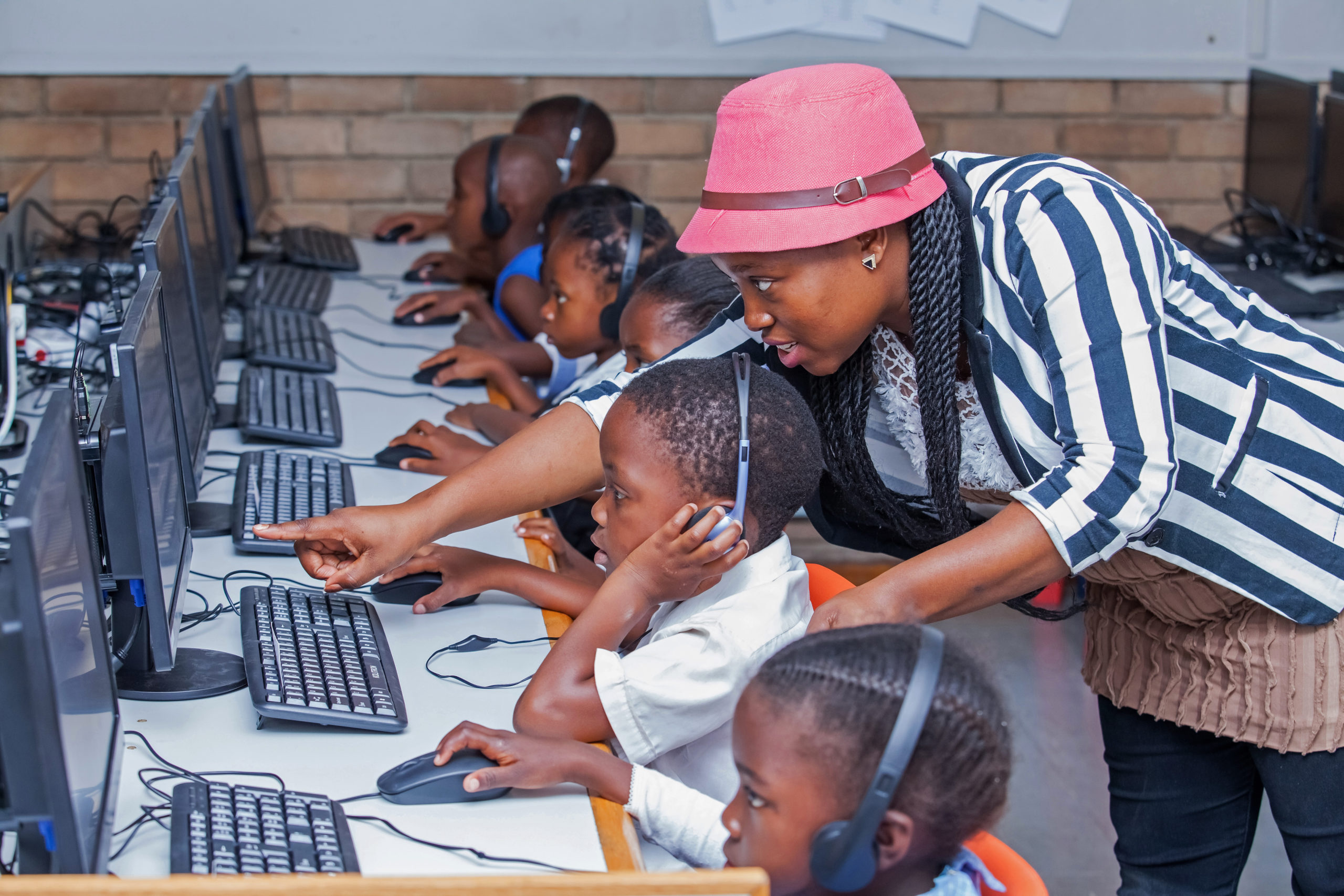In a recent exclusive with Africa Hyperscalers, Rodger Werkhoven, a generative AI front-runner and OpenAI collaborator, shared insights on the transformative potential of AI in Africa, alongside notable concerns.
Werkhoven highlighted AI’s ability to emulate human communication, making education more accessible, particularly in regions lacking resources. He emphasized the trend towards compact AI models, foreseeing a future where AI is integrated into everyday devices like mobile phones.
However, Werkhoven cautioned against potential misuse, citing examples like China’s facial recognition system and the risk of weaponized drones. He stressed the importance of responsible development, noting initiatives like the Partnership on AI.
“AI’s vast potential brings undeniable risks of misuse. China’s facial recognition system and the prospect of weaponized drones highlight the urgent need for responsible development. These commercially available drones, originally intended for recreation, could be repurposed for targeted attacks. This dark scenario underscores the importance of responsible development. We must navigate these challenges to ensure AI serves humanity positively,” Werkhoven said.
Werkhoven also commented on the transformative potential of AI in African infrastructure. He emphasized the pivotal role of artificial intelligence (AI) in reshaping African infrastructure, particularly in education. Werkhoven underscored the transformative impact of AI-driven education, citing Nigeria as a prime example of leveraging innovative technologies to drive monumental advancements in various sectors.
Werkhoven pointed out the inefficiency of traditional educational methods in the face of resource constraints, advocating for the integration of mobile devices and embedded AI to revolutionize education without reliance on internet connectivity. “Education is the cornerstone of progress, especially in regions with significant human potential. Nigeria’s rapid adoption of affordable innovations like mobile technology demonstrates the transformative power of education, paving the way for advancements in critical sectors such as banking, financing, and data management. Companies like Rabbit are already paving the way with cost-effective devices. These devices, equipped with AI teachers, can revolutionize education without relying on internet connectivity,” he noted.
He emphasized the need for a paradigm shift in infrastructure development, advocating for personalized teaching methods and the utilization of satellite technology as viable alternatives to traditional approaches.
Beyond education, Werkhoven highlighted AI’s vast potential across entrepreneurial domains, including medicine and the creative industry. He emphasized AI’s role in expediting drug discovery, empowering individual ventures, and fostering innovation across various fields.





